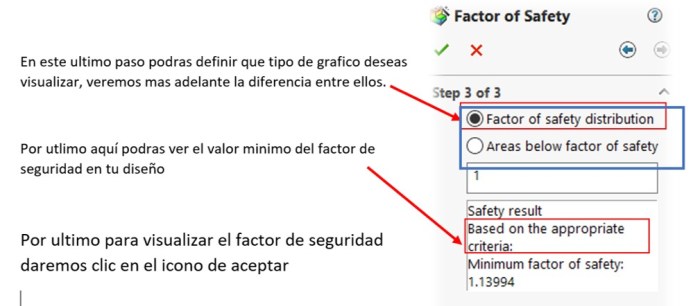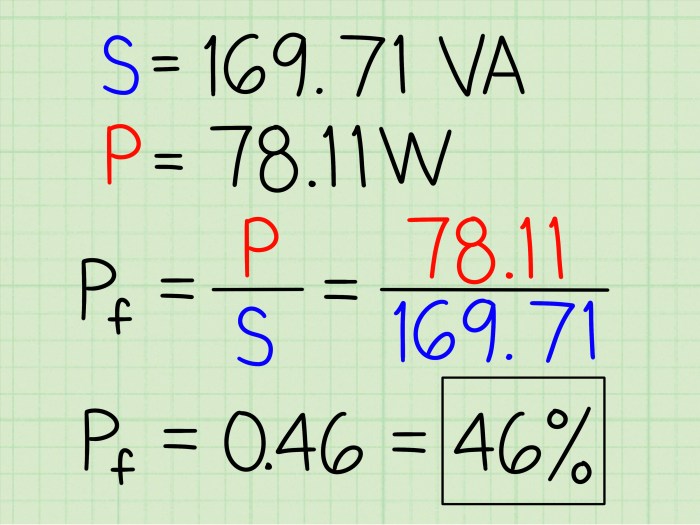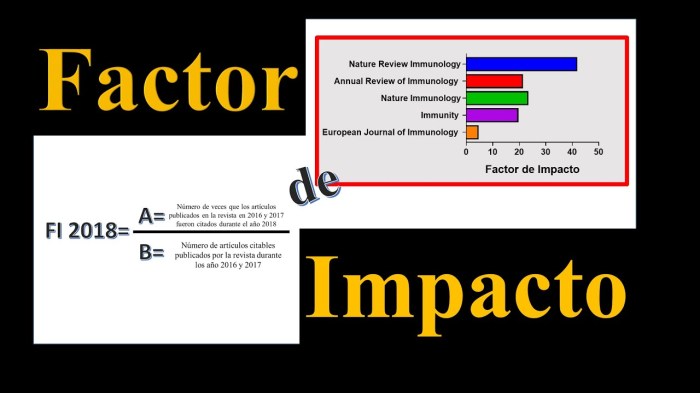El factor de la equivocación – El factor de la equivocación, a deceptive yet prevalent logical fallacy, takes center stage in this captivating discourse. Join us as we delve into the nature, impact, detection, and avoidance of equivocation, shedding light on its insidious influence on communication and its far-reaching consequences.
Equivocation, a treacherous linguistic trap, arises when words or phrases are employed with varying meanings within a single argument, leading to confusion, misunderstandings, and potentially dire outcomes.
The Nature of Equivocation

Equivocation is a logical fallacy that occurs when a word or phrase is used in two different senses in the same argument, leading to a false conclusion. It is a type of informal fallacy that can be difficult to spot, as it often relies on subtle shifts in meaning.
For example, the statement “All men are created equal” can be interpreted in two different ways. It could mean that all men are created with the same rights and opportunities, or it could mean that all men are physically identical.
If the statement is used in an argument to support the idea that all men should be treated equally, the equivocation between the two meanings could lead to a false conclusion.
Types of Equivocation
There are several different types of equivocation, including:
- Verbal equivocationoccurs when a word or phrase is used in two different senses in the same argument.
- Contextual equivocationoccurs when a word or phrase is used in two different contexts in the same argument.
- Amphibolyoccurs when a sentence or phrase is ambiguous and can be interpreted in two different ways.
The Impact of Equivocation

Equivocation, the use of ambiguous language to convey multiple meanings, can significantly impact communication, leading to misunderstandings, errors, and even severe consequences.
One major effect of equivocation is its potential to create confusion. When a speaker uses equivocal language, listeners may interpret the message differently, resulting in miscommunication and misunderstandings. This can be particularly problematic in situations where clarity and precision are crucial, such as legal contracts or medical instructions.
El factor de la equivocación es un aspecto esencial de la vida, y se puede encontrar en muchos aspectos de la literatura, incluida la Odisea de Robert Fagles. La Odisea es una historia épica que sigue el viaje de Odiseo de regreso a casa después de la Guerra de Troya, y está llena de ejemplos de cómo los errores pueden conducir tanto a consecuencias trágicas como a resultados inesperados.
El factor de la equivocación es un tema que continúa resonando en la literatura y la vida hoy en día, y nos recuerda que incluso los errores más pequeños pueden tener un impacto profundo.
Misinterpretations and Errors
Equivocation can also lead to errors in decision-making and judgment. When people rely on ambiguous information, they may make incorrect assumptions or draw faulty conclusions. For example, in scientific research, equivocal data can hinder the accurate interpretation of results and lead to unreliable findings.
Consequences in Various Contexts
The consequences of equivocation can vary depending on the context in which it occurs. In interpersonal communication, it can damage relationships and undermine trust. In the legal arena, it can result in misinterpretations of laws and contracts, leading to legal disputes and injustices.
In the realm of politics, equivocation can be used to manipulate public opinion and deceive voters. It can also hinder effective decision-making by obscuring the true intentions and positions of political figures.
Detecting Equivocation

Identifying equivocal statements requires careful analysis and consideration of context. Techniques for detecting equivocation include examining the speaker’s intent, scrutinizing the language used, and assessing the overall context of the statement.
Role of Context
Context plays a crucial role in detecting equivocation. The same words or phrases can have different meanings depending on the context in which they are used. For example, the statement “I am going to the bank” could mean that the speaker is visiting a financial institution or that they are going to the riverbank.
Understanding the context helps to determine the speaker’s intended meaning and whether equivocation is present.
Challenges in Distinguishing Equivocation from Ambiguity
Distinguishing between equivocation and ambiguity can be challenging. Ambiguity arises when a statement has multiple possible meanings due to unclear or imprecise language. Equivocation, on the other hand, involves intentionally using ambiguous language to mislead or confuse. To differentiate between the two, it is essential to consider the speaker’s intent and the specific context in which the statement is made.
Avoiding Equivocation: El Factor De La Equivocación

Equivocation can be a major obstacle to clear communication. Fortunately, there are several strategies you can employ to avoid it.
Using Clear and Precise Language
One of the most important things you can do to avoid equivocation is to use clear and precise language. This means choosing words that have a specific and unambiguous meaning. It also means avoiding vague or general terms that can be interpreted in multiple ways.For
example, instead of saying “I’m going to the store,” you could say “I’m going to the grocery store to buy some milk.” This more specific statement leaves no room for misinterpretation.
Defining Your Terms
Another way to avoid equivocation is to define your terms. This is especially important when you’re using words that have multiple meanings or that can be interpreted in different ways.For example, if you’re talking about “justice,” you could start by defining what you mean by that term.
This will help to ensure that everyone is on the same page and that there’s no confusion about what you’re talking about.
Using Examples, El factor de la equivocación
Finally, you can also use examples to help prevent misunderstanding. This is a great way to illustrate what you mean and to make your point more concrete.For example, if you’re talking about the importance of clear communication, you could give an example of a time when miscommunication led to a problem.
This will help your audience to understand the importance of what you’re saying and to see how equivocation can be harmful.By following these strategies, you can help to avoid equivocation and ensure that your communication is clear and precise.
General Inquiries
What is equivocation?
Equivocation is a logical fallacy that occurs when a word or phrase is used with different meanings in the same argument, leading to confusion and potential misinterpretation.
How can I avoid equivocation in my communication?
To avoid equivocation, use clear and precise language, define key terms, and provide examples to illustrate your points.
What are the potential consequences of equivocation?
Equivocation can lead to misunderstandings, errors in reasoning, and difficulty in reaching consensus or agreement.